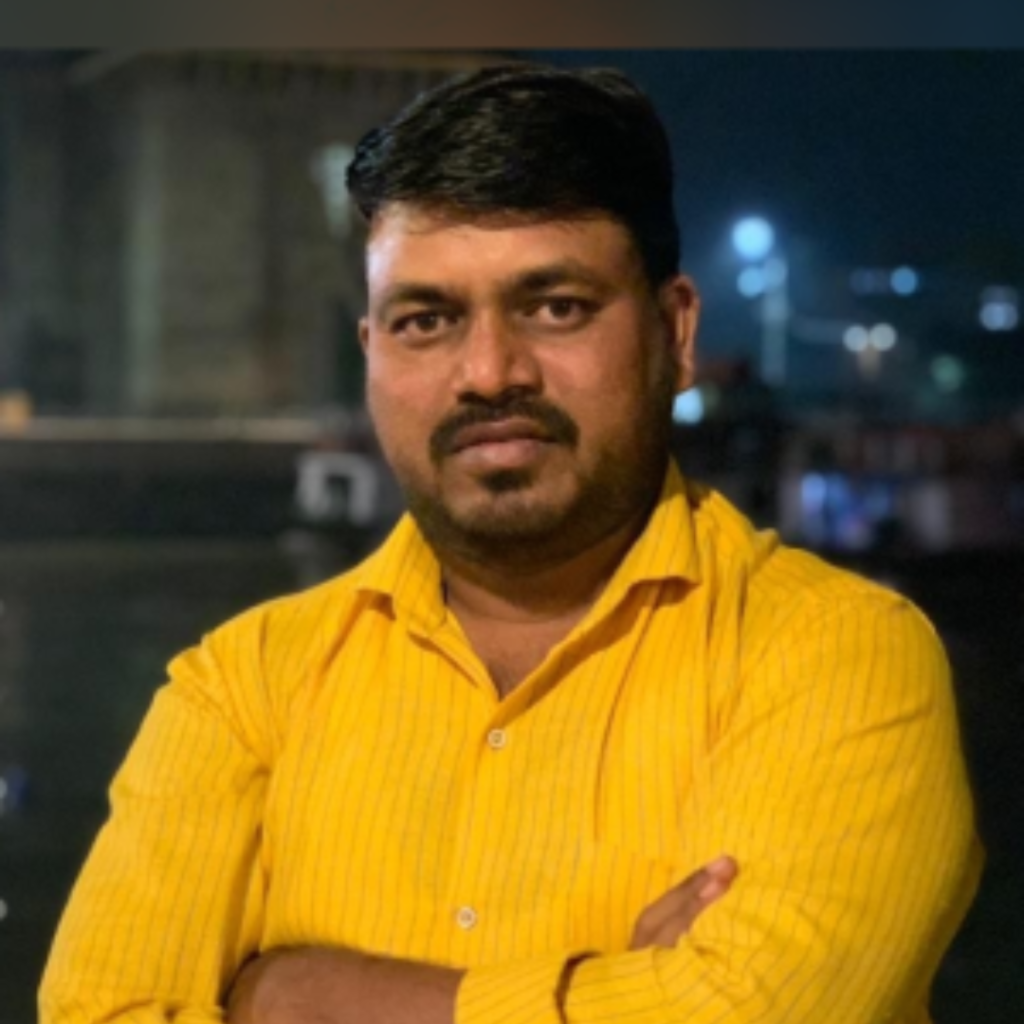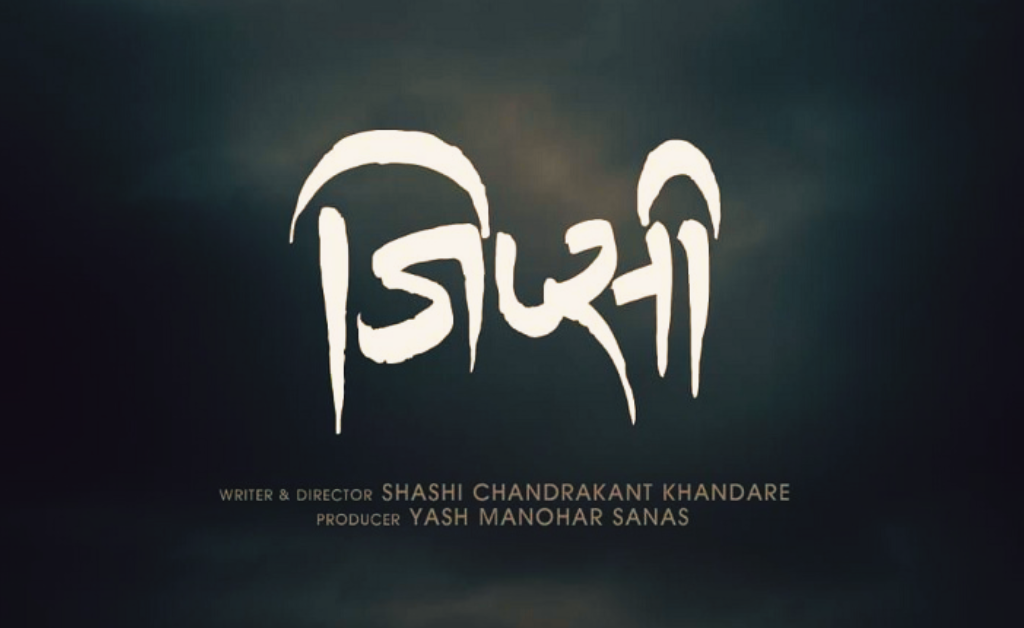“Gypsy,” Shashi Chandrakant Khandare’s directorial, unfolds as a rich stitch of emotions, immersing viewers in the intimidating realities of the Dombari community and emphasizing the pervasive pain, grief, and hardships they endure. Khandare‘s own journey, from a humble clapboy to a director, adds a special authenticity to the story, making it even more real and touching.
At the heart of the movie is Jotya, who has a special sense of smell that helps him survive in the tough world of poverty. Every time he goes begging door-to-door, it’s not just about getting food—it’s about facing the harsh realities of life. Khandare captures all of this beautifully on camera, showing us the raw emotions etched on the faces of the Dombari people as they struggle to survive.
The nomadic existence of Jotya’s family evolves as a series of heart-wrenching episodes. His mother, pregnant with her second child and in her late twenties, dreams of settling in Pune, yearning for an escape from the relentless cycle of poverty. Her persistent desire for a better life becomes a tragic counterpoint to the denial faced by Jotya’s father, who remains committed to preserving the traditional arts and street performances of their community.

The torture of holding onto cultural heritage amid adversity is palpable. The family’s journey, village to village, is a painful odyssey punctuated by living in tents, hollow performances for mere earnings, harassment from the locals, theft amidst extreme poverty, and surviving on meager food. It’s a symphony of suffering and resilience, where every step is laden with the weight of denial and the yearning for a different life.
Amidst this nomadic existence, Jotya’s family carries an additional burden—a silent, elderly companion, unable to walk, initially assumed to be the grandfather. Viewers, drawn into this assumption, soon realize that he is neither related nor capable of sharing in their collective hardships. Mute and lame, he becomes a poignant symbol of the family’s compassion and the community’s incapability of overcoming troubles, as they carry him on their journey, unable to abandon him despite the burden he represents.
Contrastingly, the family faced a heart-wrenching choice when confronted by external threats. In a metaphorical twist, they were compelled to abandon their loyal pet dog to escape the clutches of adversity, highlighting the cruel choices forced upon them by circumstance. The juxtaposition of carrying the old man, without any familial ties, and abandoning a devoted companion creates a profound metaphor for the complex and often harsh decisions dictated by life on the margins.
Director Khandare masterfully captures these nuances, exposing the audience to the depths of moral and emotional dilemmas weaved with pain and helplessness that poverty can inflict. The challenges encountered during the family’s journey are emotional crucibles, testing the very limits of survival. “Gypsy” stands as a poignant testament to the director’s ability to depict the human experience in its rawest form, showcasing the dreams, helplessness, hardships, and extreme choices faced by a marginalized community, all while navigating the contrasting desires within Jotya’s family for settlement and artistic preservation.
The Poetry Cosmos welcomes all people who want to learn more about literature, no matter their age, experience, or education. We believe in the innate creativity of all people by encouraging and fostering experimentation and innovation. We invite everyone who values arts and culture to explore the written word. Click here to join our community.

